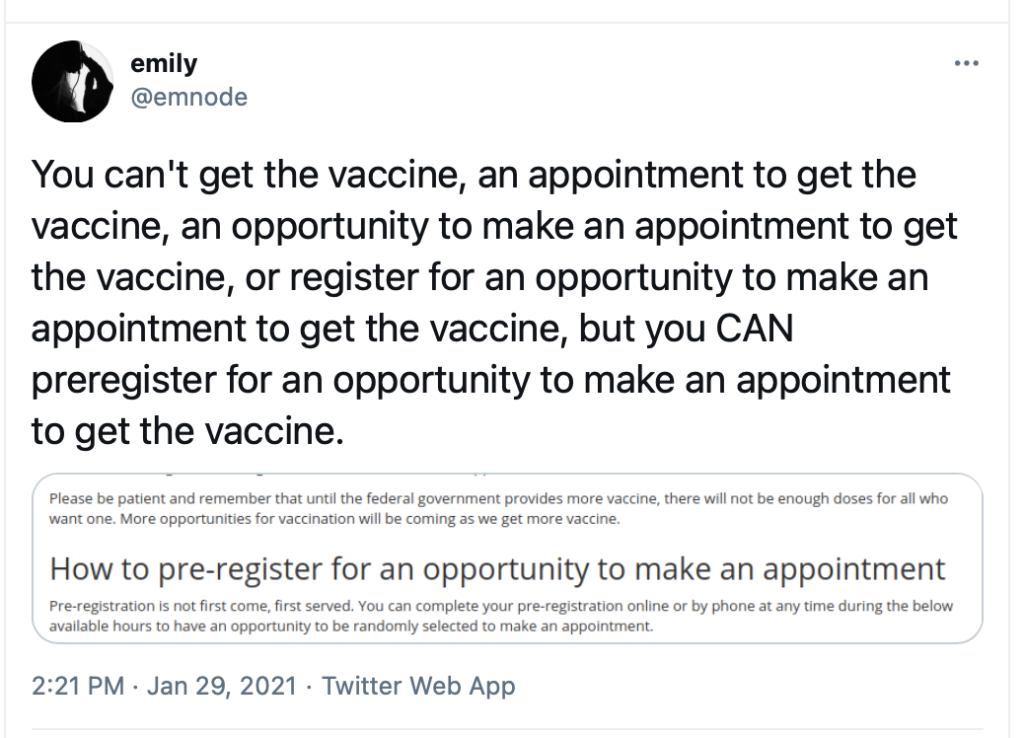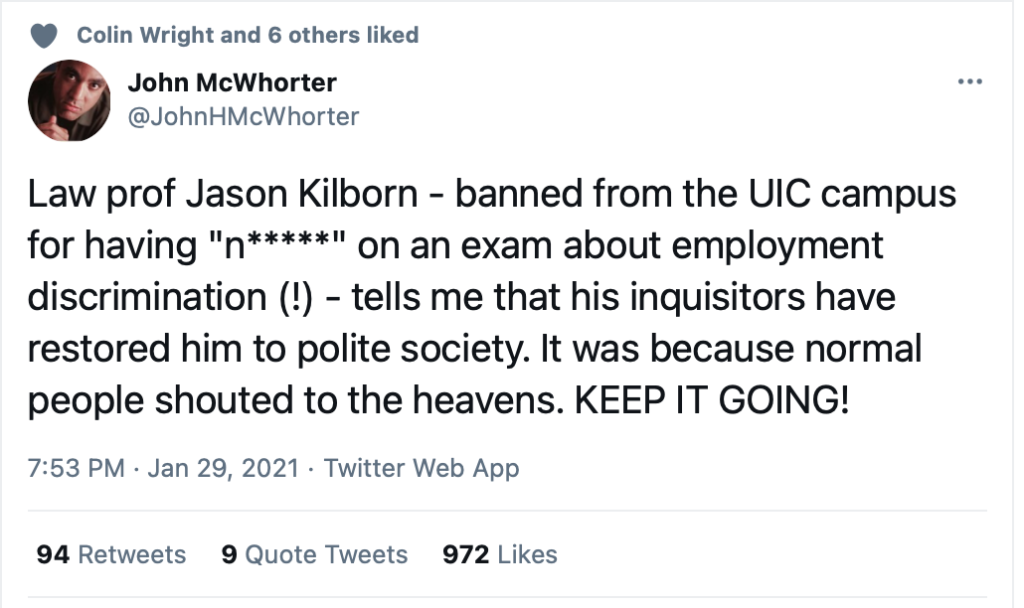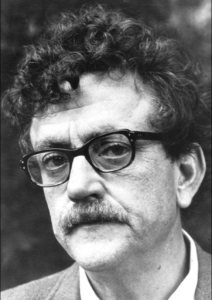Coleman Hughes Speaks in Favor of Color Blindness
Excellent discussion by Coleman Hughes. The introduction ends at Minute 2:25. Here's the key take-away (4:25):
"The point isn't to avoid noticing race, which is impossible. The point is to notice race and then disregard it as a reason to treat people differently and as a category on which to base public policy."
I'll conclude with a few more excerpts from the video:
Another source of confusion that I try to avoid and will avoid in this talk is the misleading word post-racial. The “post” in post-racial suggests that there are two separate eras: a racial era characterized by the presence of racism and a post-racial era characterized by its absence, and the only question is which era we are currently living in, because colorblindness in this framework would only make sense during the second racism-free era.
Many critics of colorblindness have dismissed it on the grounds that we're not there yet which is to say we have not yet eliminated racial prejudice and they're right about that. Racism still exists. Racial prejudice still exists and probably will always exist, to some extent. But they frame the issue upside down. Colorblindness is not a synonym for the absence of racism. I's an ideology created to fight racism.
--
It would appear that virtually everyone has unanimously rejected color blindness as a backwards value, an old-fashioned out-of-date way of maintaining the white supremacist status quo. Yet even as it has become virtually taboo among elites colorblind policies continue to dominate in the court of public opinion especially on the issues of hiring and college admissions. In 2019, the pew research center asked people whether employers should only take a person's qualifications into account even if it results in less racial diversity and 74 percent of Americans agreed that agreed with that statement. Not only did a majority of Americans as a whole agree with this statement of colorblind hiring even at the expense of diversity, a majority of each individual racial group, whites, Blacks and Hispanics, also agreed with this message. Roughly the same percentage agreed that colleges should not consider race in admissions.
--
The extent of the attacks on color blindness is sometimes surprising. For example, the best-selling author Ibram X. Kendi in his latest book, “How to be an Anti-Racist,” says “the most threatening racist movement is not the alt-right's unlikely drive for a white ethnostate but the regular Americans’ drive for a race neutral one.” So yeah, to say that colorblindness is wrong-headed is one thing. To say it is worse than the alt-right is quite another. It's impossible to understand the hatred directed at colorblindness without first understanding critical race theory this was an intellectual movement that originated at Harvard Law School in the 1980s.
--
[Min 41]
If you take a Martin Luther King quote and you just say it verbatim you may get cancelled if you're white, even if you're Black, frankly. The strange thing about Dr King is we all venerate him--nobody ever speaks ill of him--but also he's basically ignored. He's in this uncanny valley where he is not exactly canceled but he's also not listened to, which is a strange place to be in. It speaks to the moral authority and credibility that we feel his message has. The awkwardness of acknowledging that, the main thrust of anti-racist activism, is exactly the opposite of what he stood for. That's a very awkward thing for the anti-racist movement to acknowledge, because they would lose some moral credibility if they outright said what is true, which is that we reject Dr King's goal. That's the truth but that can't be said out loud.
--
[Min 44]
I've read hundreds of pages of Martin Luther King’s speeches and writings and virtually every three or four pages there is something that if said today you would be cancelled for. That's just the truth. It’'s trivially easy to find 20 Martin Luther King quotes expressing the colorblind ethic in the simplest terms and very difficult to find any quotes of him expressing that race is a crucial aspect of your identity to dwell upon and affirm.




